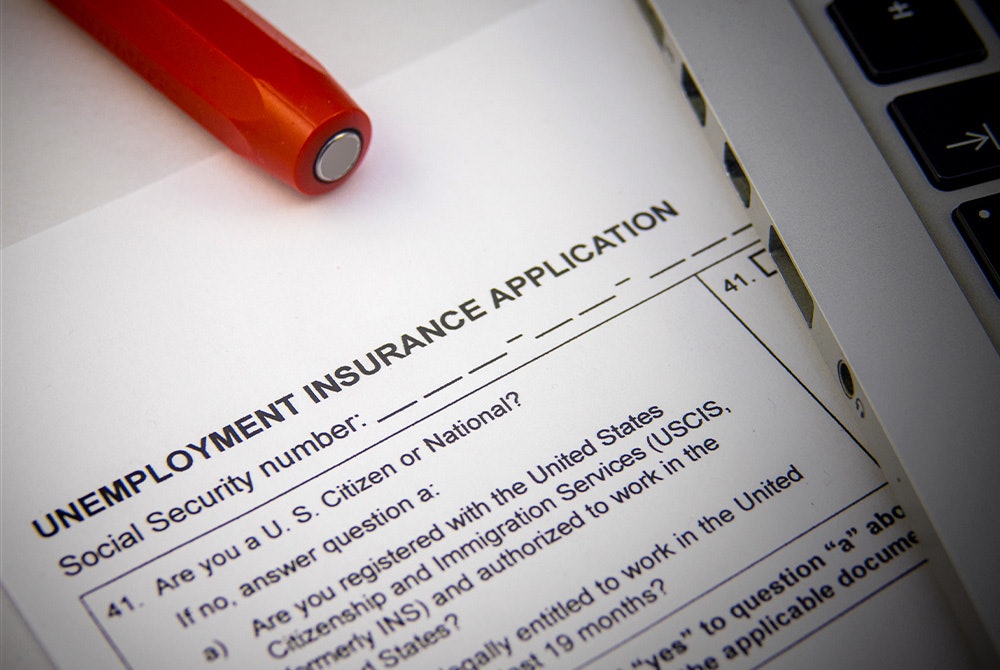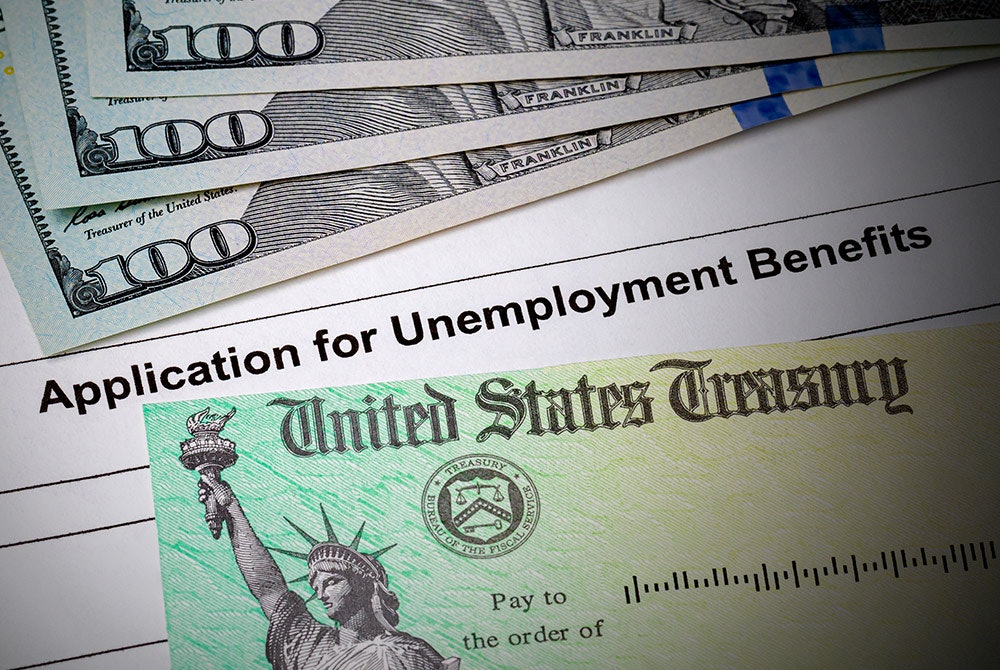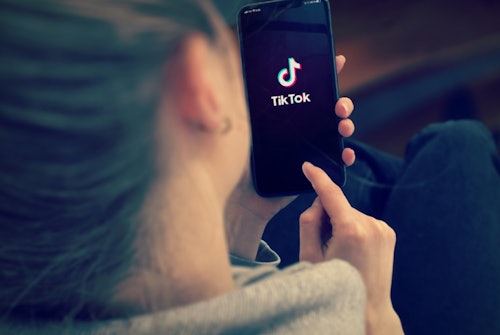- What Are Unemployment Scams?
- How To Beat Unemployment Scams
- How Do You Know If You’re Being Scammed?
- What to Do If You’re a Victim of Unemployment Fraud
- Frequently Asked Questions
Unemployment scams affect everyone. It can happen to those who are gainfully employed or retired; it can happen to those who have legitimate unemployment claims to file. These scams defraud innocent people and delay the processing of benefits for people with legitimate claims. They’ve become a major scourge on society and can be distressing and cause significant damage. As long as there are unemployment claims, there may very well be unemployment scams. Knowing how to beat unemployment scams is essential to staying safe and protected.
What Are Unemployment Scams?
Unemployment scams happen when someone files an unemployment claim in your name. This can happen to those employed or unemployed, working or retired. Unfortunately, they have become extremely prevalent—in 2020, unemployment fraud increased by almost 3,000%, with the Federal Trade Commission (FTC) receiving 394,000 complaints in that year alone. (In 2019, there were less than 13,000 complaints.)
The rise in unemployment fraud in 2020 can be attributed to the COVID-19 pandemic. With more people out of work, it was only a matter of time before scammers tried to take advantage.
How To Beat Unemployment Scams
Beating and avoiding unemployment scams is all about remaining vigilant and knowing what to look for.
While it can be hard to stop fraudsters from stealing your information in the first place, you do have some agency to prevent scams from succeeding. To do so, you need to know the signs of unemployment fraud.
If you did not file unemployment benefits, you should not receive forms or information from the government about unemployment benefits.
How Do You Know If You’re Being Scammed?
The worst part about unemployment fraud is that it can be hard to uncover and understand that it’s actually happened. Most of the time, unfortunately, it may be too late when you do find out.
There are a few red flags that you should keep an eye out for though:
- Receiving paperwork about it. If you’ve received mail from a government agency—from any state, not just the one you live in—that has information about either an unemployment claim or an actual payment, and you didn’t actually file for it, that’s a big red flag that someone filed on your behalf.
- Rejected claims. Your attempt to file a legitimate claim may be rejected if someone has fraudulently used your name to claim benefits.
- Internal Revenue Service (IRS) notification. The IRS may notify you that you didn’t report all of your income from the previous year, even though you did.
- Receiving Form 1099-G. If you don’t claim unemployment but receive this form that shows you did, someone has filed in your name. Even if you do receive unemployment benefits, you should make sure the amount the form shows is the actual amount you received.
- Rejected Social Security benefits. When the Social Security Administration (SSA) tells you your benefits have been reduced, this could be because they think you’re claiming unemployment benefits.
- Your employer receiving a request for unemployment in your name.
If you get a call from a state agency asking for payment to process a claim, it’s fake. The state unemployment agency will never ask for payment to file a claim because filing an unemployment claim is free.
What to Do If You’re a Victim of Unemployment Fraud
You need to do a few things right away if you realize someone is claiming unemployment benefits in your name. These may not help you beat unemployment scams completely, but they'll help protect your identity and credit from further fraud.
Fix Your Taxes
If you have had your identity stolen, there’s also specific guidance on filing taxes. The IRS says to contact your state unemployment agency immediately. You should ask for a revised 1099-G form that shows that you did not, in fact, receive unemployment benefits. If the deadline for filing taxes is too close, you should still file an accurate return.
Protect Your Credit
It’s best to assume that scammers have other information of yours, including your Social Security number. That’s why you should contact the three major credit bureaus—Equifax, Experian, TransUnion—and freeze your credit. This way, if someone tries to open an account in your name, they won’t be allowed to.
You can also choose to place a fraud alert on your credit, which requires lenders to notify you when someone tries to open a new line of credit. This ensures that scammers can’t commit more fraud in your name.
Review Your Credit Report to Beat Unemployment Scams
Unfortunately, if scammers are filing unemployment benefits in your name, they probably have tried to do other things in your name. Start by getting your free credit report from Equifax, Experian, or TransUnion.
Carefully review them for any credit pulls or transactions that you don’t recognize. If there are no irregularities besides the unemployment fraud, that’s good news. If there are, you should report the identity theft to the Federal Trade Commission (FTC).
It'll likely take some time, but you’ll also need to take the appropriate steps to recover from identity theft.
Monitor Your Credit Regularly
Check your credit reports often to make sure scammers aren’t still using your information. Also, check if your bank offers free credit monitoring services to make it easier for yourself. Be on the lookout for other fraud also—inspect your bank statements and other bills very closely to ensure that everything is as expected.
Report Fraud & Help Beat Unemployment Scams
If you’ve been the victim of unemployment scams, you should report it to both your employer and the state agency that handles unemployment benefits.
You should also report the theft to the FTC. File a complaint online or call 877-ID-THEFT.
You should also report to the National Center for Disaster Fraud, part of the U.S. Department of Justice. Both will help get the process rolling in getting your life back on track and work to stop scammers.











Comments